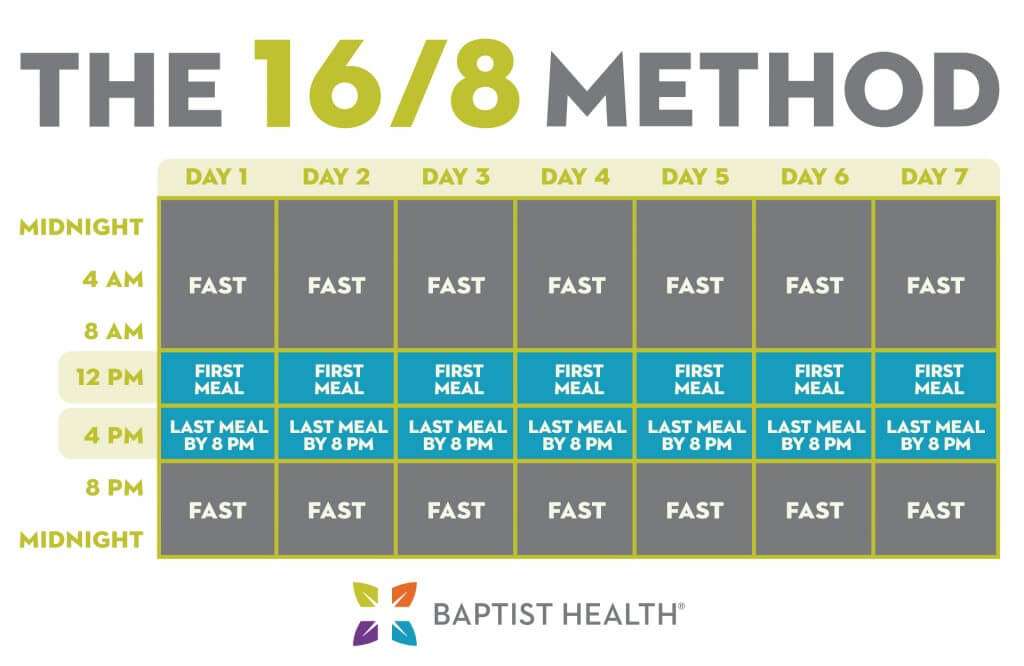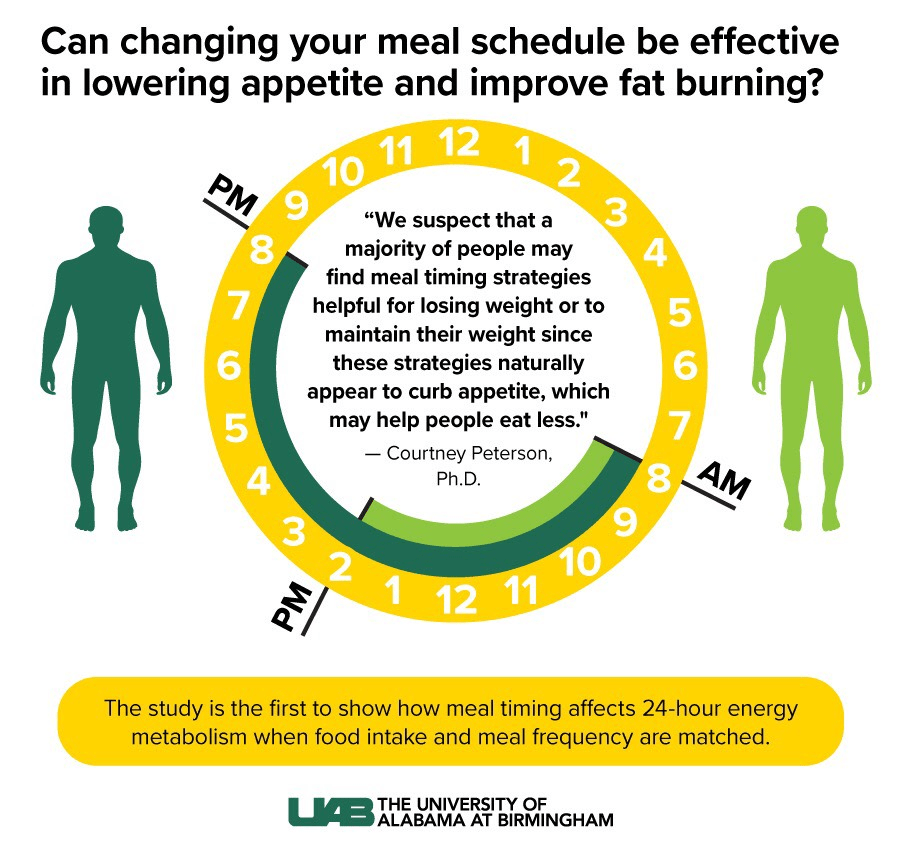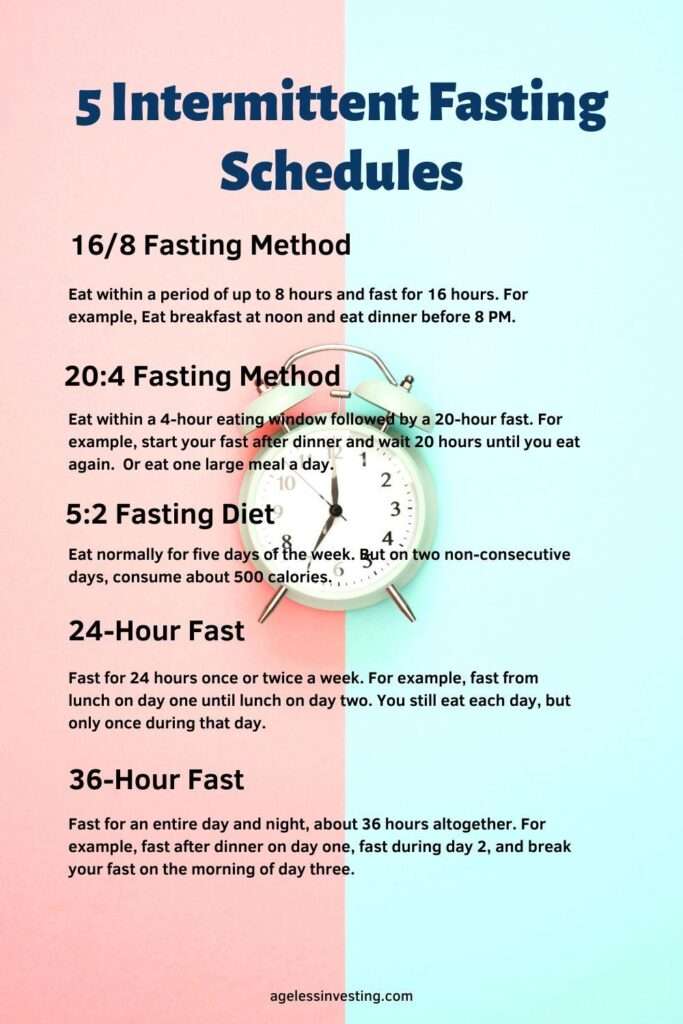? In this article, we will explore the topic of fasting and its potential effectiveness in shedding those extra pounds. You will learn about different fasting methods, their benefits, and potential risks. We will also discuss some research studies and expert opinions to help you make an informed decision about whether fasting is a suitable weight loss strategy for you. So, let’s embark on this journey and discover the truth about fasting and its impact on weight loss!

What is fasting?
Fasting is a popular weight loss method that involves voluntarily abstaining from food and, in some cases, beverages for a specific period of time. It has been practiced for centuries for various reasons, including religious, cultural, and health purposes. In recent years, fasting has gained significant attention as a potential strategy for weight loss. In this article, we will explore the different types of fasting, the mechanism behind weight loss during fasting, the benefits and effects of fasting on body composition, considerations before starting a fasting regimen, potential risks and side effects of fasting, tips for successful fasting, combining fasting with other weight loss strategies, and the long-term sustainability of fasting for weight loss.
Definition of fasting
Fasting can be defined as the voluntary restriction of food intake for a predetermined period of time. It involves refraining from consuming any calories, although water and non-caloric beverages are generally allowed. Different fasting protocols may have varying rules about the duration of the fasting period and the frequency of practicing fasting.

Different types of fasting
There are several different types of fasting that have gained popularity for weight loss in recent years. Some of the most common types include:
-
Intermittent fasting (IF): Intermittent fasting involves cycling between periods of fasting and eating. The most popular methods of intermittent fasting include the 16/8 method (fasting for 16 hours and eating during an 8-hour window) and the 5:2 method (eating normally for 5 days a week and restricting calorie intake to 500-600 calories for 2 days).
-
Time-restricted feeding (TRF): Time-restricted feeding is a type of intermittent fasting that restricts the eating window to a specific number of hours each day. For example, a common approach is to fast for 14-16 hours and consume all meals within an 8-10 hour window.
-
Alternate day fasting (ADF): Alternate day fasting involves alternating between days of normal eating and fasting. On fasting days, calorie intake is usually restricted to 25-50% of typical daily intake.
-
Extended fasting: Extended fasting typically refers to fasting periods longer than 24 hours. This can range from 48-hour fasts to prolonged fasts lasting several days or even weeks.
Mechanism of weight loss during fasting
Impact of fasting on metabolism
During periods of fasting, the body’s metabolism undergoes several changes to adapt to the reduced energy intake. Initially, the body relies on glycogen stores for energy. Glycogen is the stored form of glucose in the liver and muscles. As these glycogen stores become depleted, the body starts breaking down stored fat to produce ketones, which can be used as an alternative fuel source.
Effect of fasting on insulin levels
Fasting also affects insulin levels in the body. Insulin is a hormone that regulates blood sugar levels and plays a crucial role in fat storage. When insulin levels are low, the body is more likely to utilize stored fat for energy. Fasting can help lower insulin levels and improve insulin sensitivity, which may facilitate weight loss.

Benefits of fasting for weight loss
Increased fat burning
One of the primary benefits of fasting for weight loss is increased fat burning. When the body is in a fasting state, it taps into fat stores to provide energy. This can lead to a reduction in overall body fat and a more desirable body composition.
Reduced calorie intake
Fasting naturally reduces calorie intake as it limits the time available for eating. By condensing food consumption into a shorter window, individuals are likely to consume fewer calories overall. This calorie restriction is a key factor in weight loss.
Improved insulin sensitivity
Fasting has been shown to improve insulin sensitivity, which is the body’s ability to respond to insulin. Improved insulin sensitivity can help regulate blood sugar levels and reduce the risk of developing insulin resistance, metabolic syndrome, and type 2 diabetes.
Effects of fasting on body composition
Loss of fat mass
Fasting can lead to a significant reduction in body fat. When the body enters a fasting state and starts utilizing stored fat for energy, fat mass decreases. This can result in a leaner body composition and improved physical appearance.
Preservation of muscle mass
Contrary to popular belief, fasting does not necessarily lead to muscle loss. When the body is in a fasting state, it predominantly utilizes fat stores for energy, sparing muscle mass. Additionally, fasting has been shown to increase human growth hormone levels, which can help preserve muscle mass.

Considerations before starting a fasting regimen
Consultation with healthcare professional
Before starting any fasting regimen, it is important to consult with a healthcare professional or a registered dietitian. They can assess your individual health status, provide guidance on fasting methods that may be suitable for you, and monitor your progress.
Choosing the right fasting method
With the various types of fasting available, it is essential to choose a method that aligns with your lifestyle, preferences, and health goals. Consider factors such as hunger levels, energy levels, and adherence when selecting a fasting regimen.
Potential risks and side effects of fasting
Nutritional deficiencies
Fasting can potentially result in nutrient deficiencies if not practiced properly. It is important to ensure that during eating windows, a variety of nutrient-dense foods are consumed to meet nutritional needs.
Changes in hormone levels
Fasting can affect hormone levels in the body. Women, in particular, may need to exercise caution with certain fasting protocols, as they may disrupt hormonal balance and menstrual function. It is advisable to consult with a healthcare professional before embarking on a fasting regimen, especially for women of reproductive age.
Gastrointestinal discomfort
Some individuals may experience gastrointestinal discomfort, such as constipation or acid reflux, when practicing fasting. It is important to stay hydrated and consume fiber-rich foods during feeding windows to support healthy digestion.

Tips for successful fasting
Gradual transition into fasting
If you are new to fasting, it is advisable to gradually transition into longer fasting periods. Start with a shorter fasting window and gradually increase the duration as your body adapts.
Staying hydrated
Hydration is crucial during fasting to maintain overall health and well-being. Ensure that you drink an adequate amount of water and other non-caloric beverages throughout the day.
Ensuring adequate nutrient intake during feasting periods
When practicing fasting, it is important to prioritize nutrient-dense foods during eating windows to support overall health and prevent nutrient deficiencies. focus on consuming lean proteins, whole grains, fruits, vegetables, and healthy fats.
Combining fasting with other weight loss strategies
Exercise and fasting
Combining fasting with regular exercise can enhance weight loss results. Exercise helps increase energy expenditure, preserve muscle mass, and improve overall fitness levels.
Mindful eating during feeding windows
Practicing mindfulness and intentional eating during feeding windows can help prevent overeating and promote a healthy relationship with food. Pay attention to hunger and fullness cues, and choose nutrient-dense foods that nourish your body.
Long-term sustainability of fasting for weight loss
Maintenance of weight loss
While fasting can be effective for weight loss, it is important to note that weight maintenance requires a long-term approach. Implementing healthy lifestyle habits, such as regular exercise, balanced nutrition, and mindful eating, is necessary to sustain weight loss achieved through fasting.
Implementing intermittent fasting as a lifestyle
Intermittent fasting can be implemented as a long-term lifestyle choice, rather than a short-term weight loss method. Many individuals find it sustainable and enjoyable, as it offers flexibility in food choices and can simplify meal planning.
Conclusion
Fasting can be an effective method for weight loss, provided it is approached with caution and under the guidance of healthcare professionals. It has the potential to promote fat loss, reduce calorie intake, and improve insulin sensitivity. However, it is important to consider individual health status, goals, and preferences when choosing a fasting regimen. Fasting should be combined with other healthy habits, such as regular exercise and mindful eating, to Achieve and maintain long-term weight loss results.
